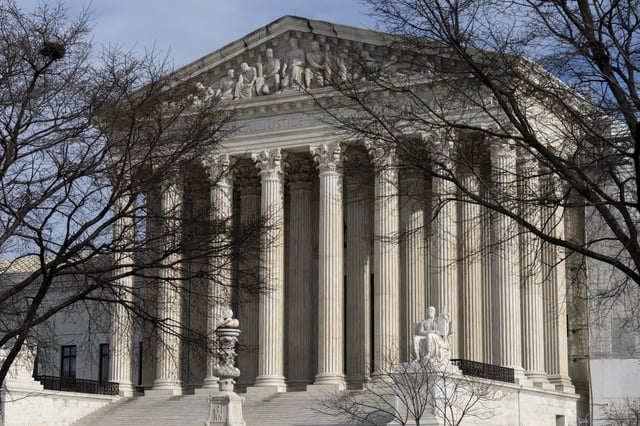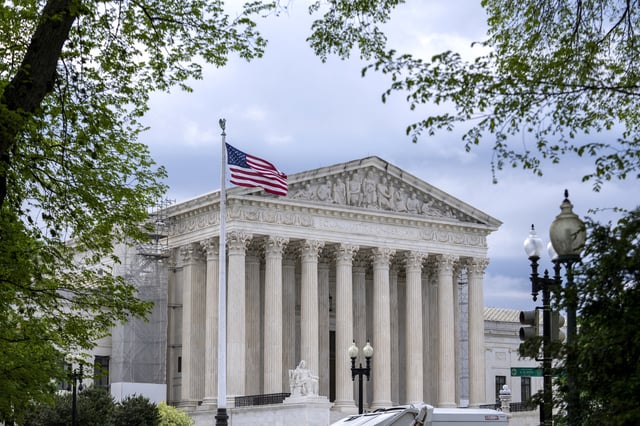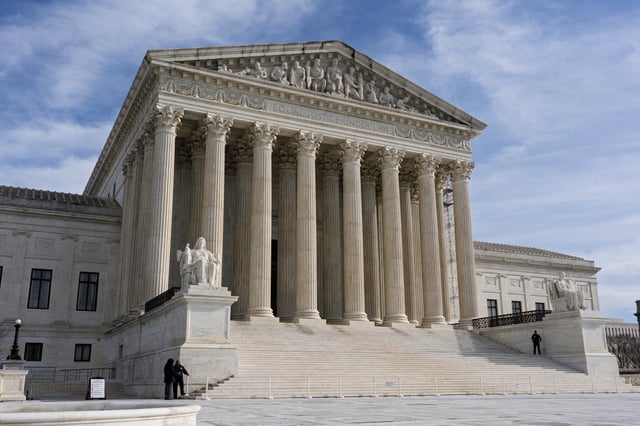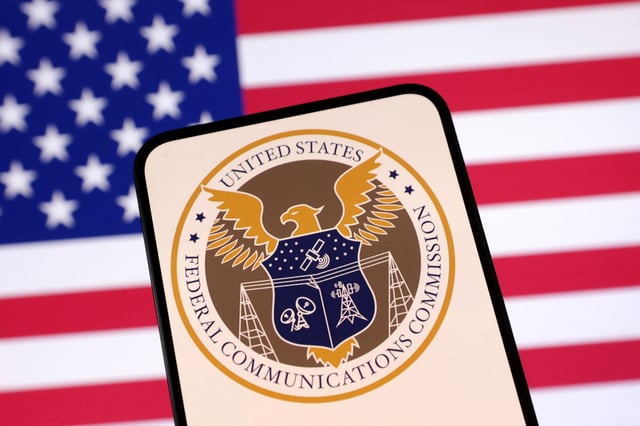Overview
- The Supreme Court reversed the 5th Circuit’s 2024 ruling and, in a 6-3 decision, confirmed that the Universal Service Fund does not violate the Constitution’s nondelegation doctrine.
- Justice Elena Kagan wrote that the 1996 Telecommunications Act provided an intelligible principle guiding the FCC’s authority and that the agency retained final decision-making power over contribution rates.
- The majority held that classifying the fund’s charge as a tax or a fee is irrelevant to nondelegation analysis and does not affect its constitutionality.
- Justices Neil Gorsuch, Clarence Thomas and Samuel Alito dissented, arguing that only Congress can determine tax rates and that the FCC overstepped its legislative bounds.
- Administered by the nonprofit Universal Service Administrative Company under FCC oversight, the fund raises about $9 billion annually to subsidize phone and internet services for low-income households, rural health care providers, schools and libraries.



